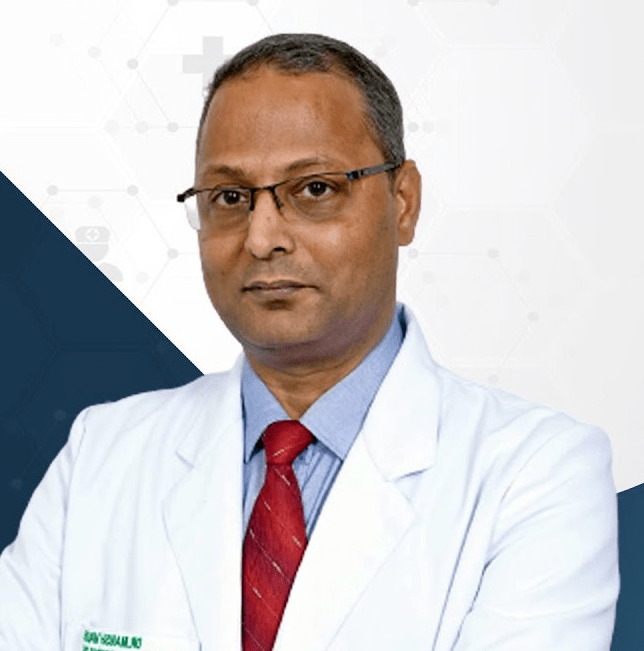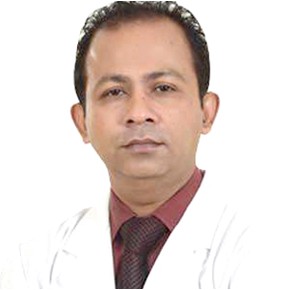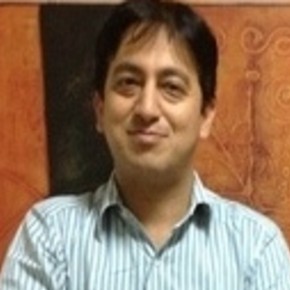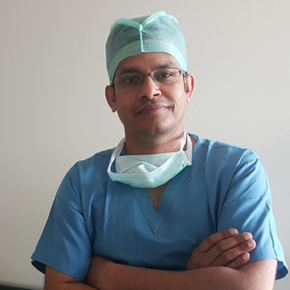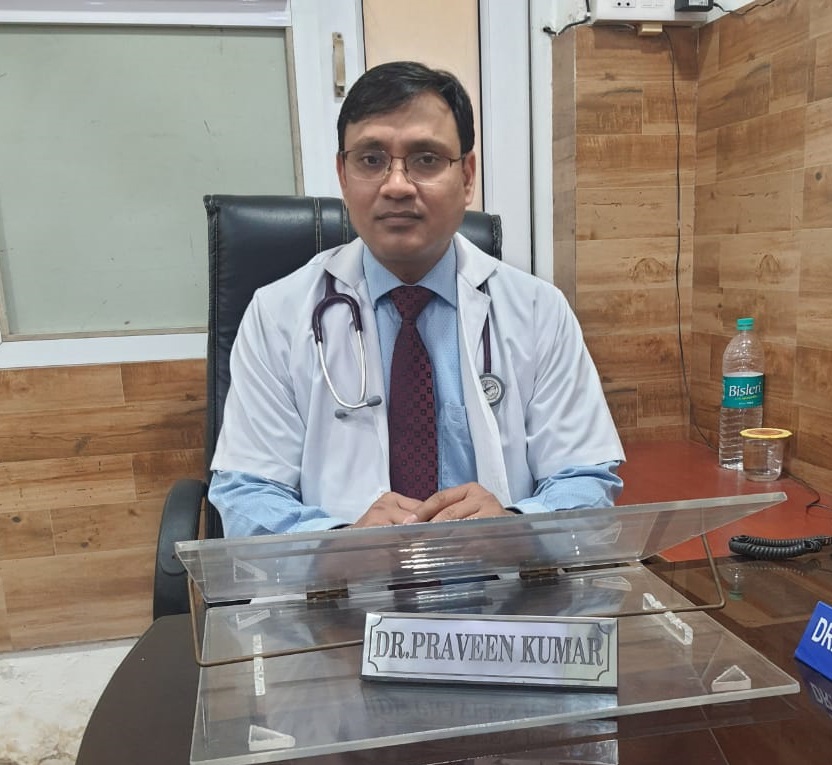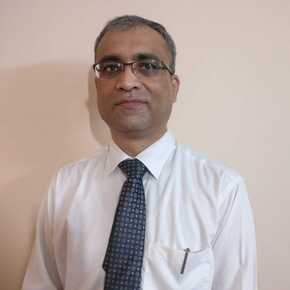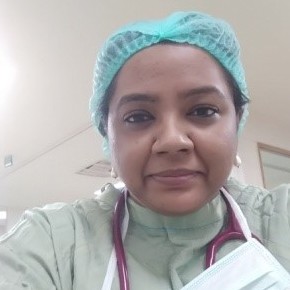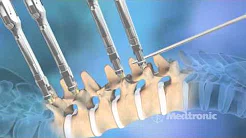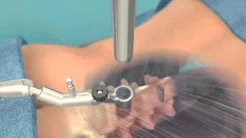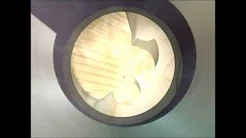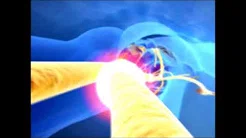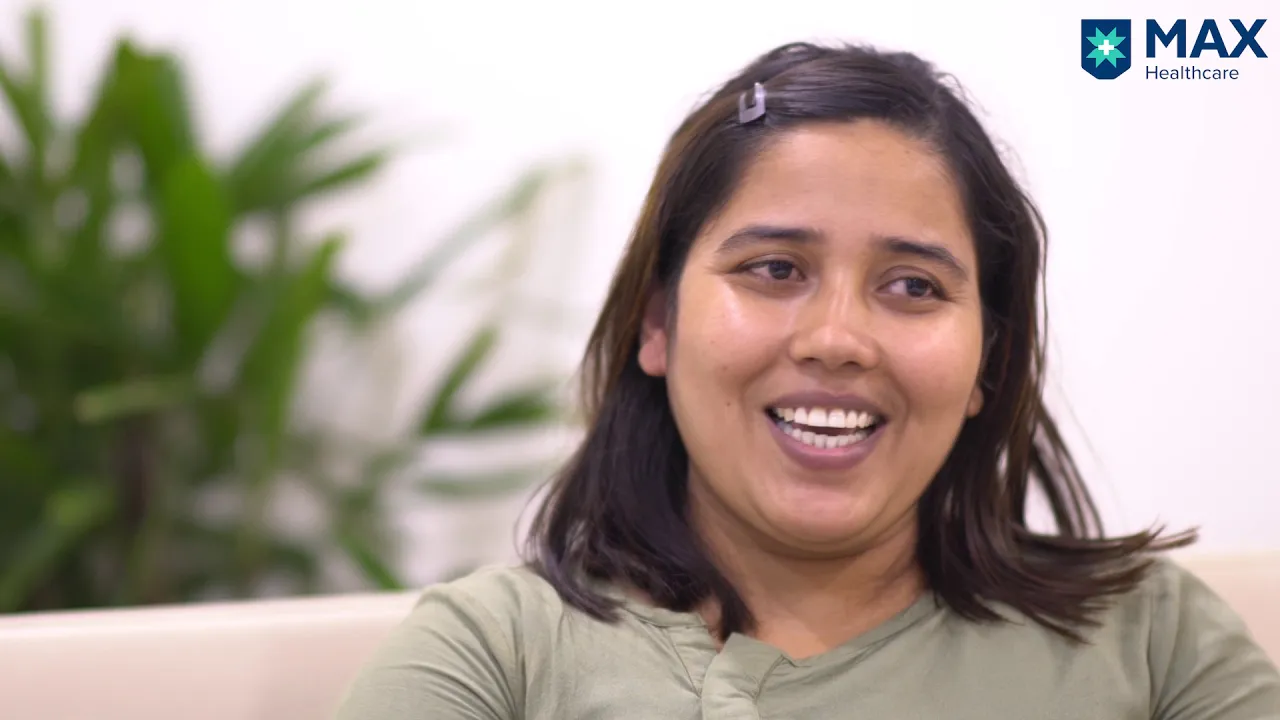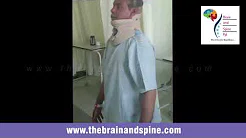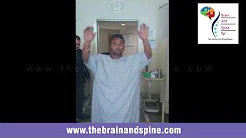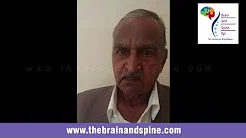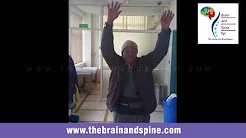Brain Tumor

A brain tumor is a collection, or mass, of abnormal cells in the brain. The cell grows into a tumor when a cell divides rapidly and its internal mechanism is damaged. A brain tumor can be primary or secondary depending upon its place of origin. A primary brain tumor begins in the brain while a secondary tumor starts elsewhere in the body and sends cancerous cells to the brain, causing secondary or metastatic brain tumor. Brain tumors can be either malignant (with cancer cells) or benign (without cancer cells).
Cause of Brain Tumor
The exact cause of brain tumors is not clear and scientists are regularly trying to find the causative
factor of brain tumor.
Common Types Primary Brain Tumor:
- Meningioma
- Glioma
- Astrocytoma
- Glioblastoma
- Oligodendroma
- Ependymoma
- Schwanoma
- Neurofibroma
- Medulloblastoma
- Neuroblastoma
- Teratoma
- Angioma
- Angiosarcoma
- Pituitary Gland Tumor
- Pineal Gland Tumor
Symptoms of Brain Tumor:
Although the symptoms of brain tumor vary according to its location but most of the patients complain of some or all of the following symptoms:
- Headaches that may get severe in the morning.
- Convulsions and seizures
- Dizziness or loss of balance
- Vomiting or nausea
- Difficulty in speaking and thinking
- Vision changes
- Hearing changes
- Disorientation and confusion
- Personality changes
- Paralysis or weakness in one part or one side of the body
Diagnosis of Brain Tumor
In addition to physical and neurological examination of the patient, following diagnostic tests can find out brain tumors:
- CT Scan
- MRI
- Magnetic Resonance Spectroscopy
- Positron Emission Tomography (PET Scan)
- Intraoperative MRI
- Histopathological examination
A brain tumor is a collection, or mass, of abnormal cells in the brain. The cell grows into a tumor when a cell divides rapidly and its internal mechanism is damaged. A brain tumor can be primary or secondary depending upon its place of origin. A primary brain tumor begins in the brain while a secondary tumor starts elsewhere in the body and sends cancerous cells to the brain, causing secondary or metastatic brain tumor. Brain tumors can be either malignant (with cancer cells) or benign (without cancer cells).
Treatments:
Even though the treatments may vary according
to whether it is primary, metastatic, benign and cancerous and the most common
treatment options are surgery, radiation or chemotherapy. They can be suggested
alone/various combinations. For malignant, residual & recurrent tumors,
chemotherapy and radiation are used. The best method is chosen according to
various factors. Every type of surgery and therapy has it's own risks and
complications.
Surgery:
As recommended medically, complete or nearly
complete surgical removal of the tumor will give the best results. This is
challenge to the neurosurgeon to remove as much tumor as possible. It should be
done very carefully without doing any injury to the brain tissue. The brain
tissue is very important for a patient’s neurological function. Craniotomy is
the traditional method to remove the tumor. It is done by accessing the tumor
by opening the skull. Other common procedure is the Stereotactic biopsy. A
small operation is done as a diagnostic procedure. During this procedure, the
doctor accesses the sample tissue through a hole made in the skull. The tissue
obtained is taken for diagnosis. This procedure may sometimes be performed
before craniotomy surgery.
Computerised devices such as surgical
navigation systems have been introduced later during 1990s. Such systems help
the surgeon to locate and precisely operate the tumors. As a result, the
complications were reduced and more of the tumor could be removed. Surgical
navigation systems also allowed previously inoperable tumors to be removed with
minimal risks and complications. Another important technique that may be more
beneficial to the patients with tumors that are large, dominant-hemisphere
gliomas and affecting the language function.
Other
surgical procedure may include:
• Ventriculoperatoneal
shunt as adjuvant or as aid in main surgical procedure
• Radiation
Therapy- The radiation therapy can kill abnormal brain cells and cancer cells
to shrink the tumors. X-rays of high energy are used for the procedure.
Radiation therapy is used when the surgery becomes ineffective to treat certain
kinds of tumors. Some of the common therapies include are:
o Chemotherapy
o Proton
Beam Treatment
o Gamma
knife radiosurgery
o Standard
external beam radiotherapy
o Stereotactic
radiosurgery
- Causes of Brain-Tumors
- Types of Brain Tumors
Related videos :
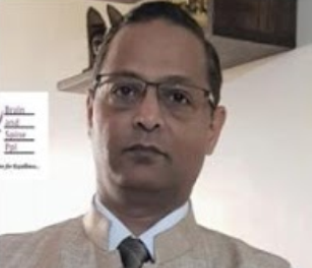

 Request an Appointment
Request an Appointment Request Online Consultation
Request Online Consultation Enquiry form
Enquiry form

